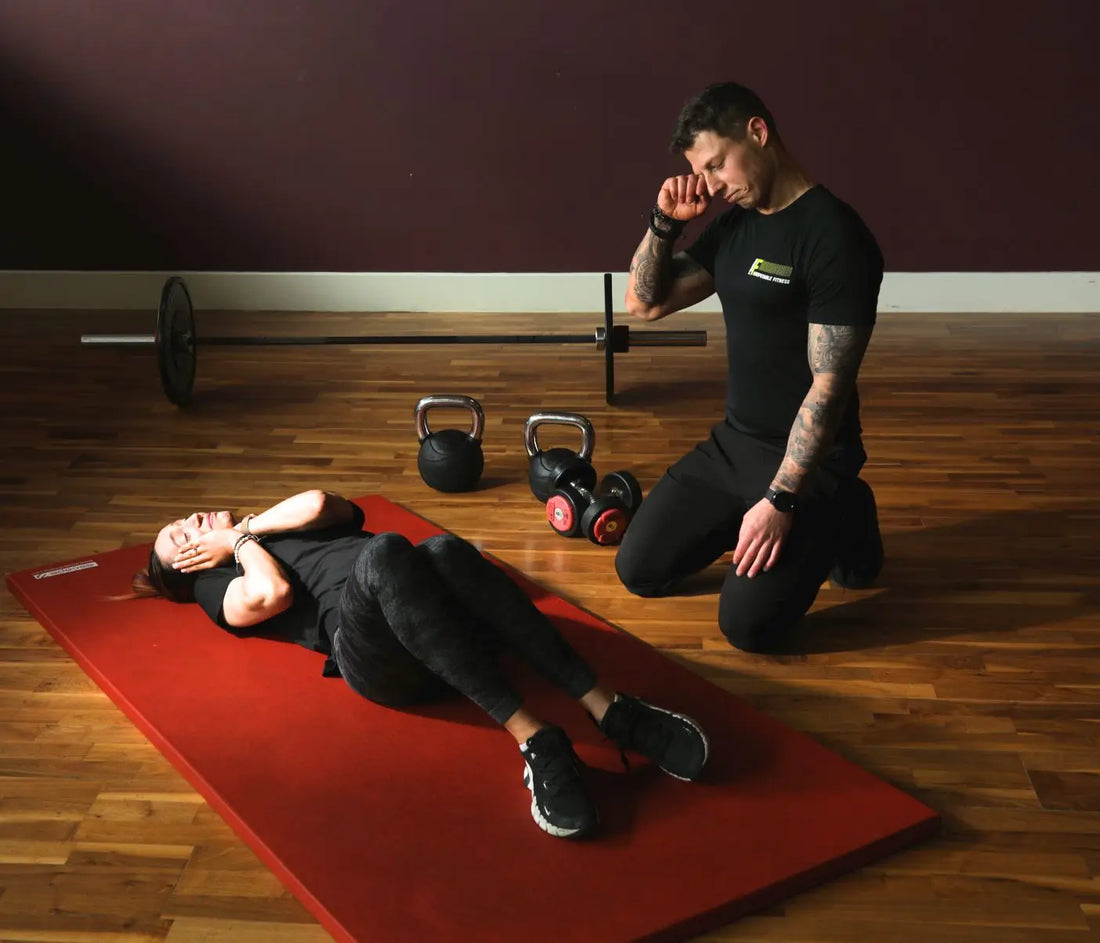
The Ultimate Showdown: Morning vs Evening Workouts
Share
The Ultimate Showdown: Morning vs Evening Workouts
When it comes to working out, a long-standing debate among fitness enthusiasts centers on whether morning or evening exercise is more effective. Each time of day comes with distinctive advantages and some trade-offs, making the ultimate showdown one shaped by individual routines, preferences, and fitness goals. By understanding the specific benefits associated with both morning and evening workouts, you can find the best fit for your lifestyle and maximize your results.
Morning Workouts
Starting your day with a workout offers several science-backed benefits. Engaging in physical activity early can jumpstart your metabolism, encouraging increased calorie expenditure throughout the day. This metabolic boost, combined with the endorphin release from exercise, often leads to elevated mood and greater mental clarity, setting a productive and positive tone for your daily activities. Many fitness enthusiasts appreciate that morning workouts tend to be easier to commit to before emails, meetings, or social obligations can disrupt plans, allowing for greater consistency over time.
However, committing to morning workouts may require a schedule adjustment, such as waking up earlier than usual—a challenge for those who struggle with early mornings. Additionally, your body temperature and joint flexibility are typically lower after sleep, so thorough warm-up routines are essential to reduce the risk of strain or injury. For those seeking to build a consistent habit while avoiding daily distractions, morning sessions offer a valuable solution.
Evening Workouts
For others, evening workouts prove highly effective and offer unique advantages tied to both body performance and lifestyle. Many people find that exercising after a long day provides a welcome outlet to de-stress, burn off nervous energy, and mentally transition from work to personal time. Evening sessions can enhance relaxation and contribute to improved sleep patterns when timed appropriately.
From a physiological perspective, the late afternoon and early evening are when muscle strength and flexibility tend to peak, as body temperature is at its highest. This may result in better athletic performance and a reduced chance of injury, offering an edge for those who want to push harder during their training. However, engaging in vigorous activity too close to bedtime has the potential to disrupt sleep quality for some, so it’s important to allow the body time to wind down post-workout.
Conclusion
Ultimately, the best time for a workout depends on what aligns with your daily routine, natural energy cycles, and ability to stay consistent over the long term. The ongoing debate among fitness enthusiasts showcases that both morning and evening workouts have unique advantages; the most critical factor is choosing the option that helps you maintain regular physical activity and effectively supports your health and fitness objectives.
Weighing your energy levels, daily commitments, and personal preferences will guide you toward the optimal workout time. By prioritizing consistency and enjoyment, you’ll get the most value from your training sessions and advance steadily toward your fitness goals.